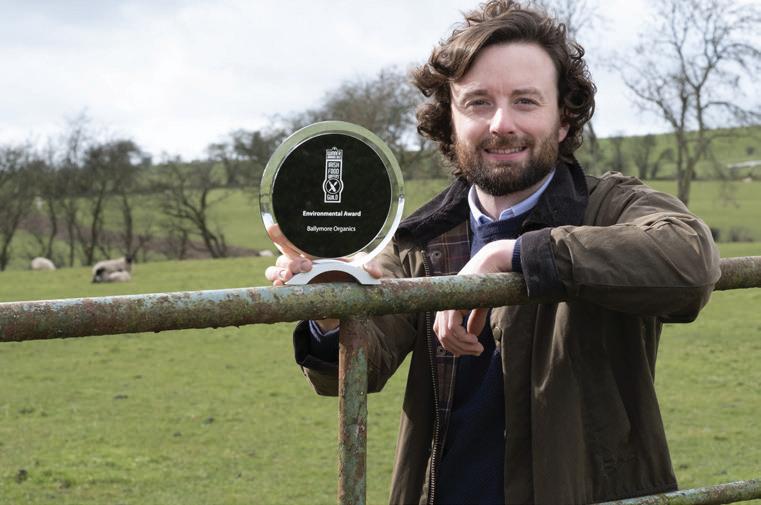Green-Schools Food and Biodiversity Theme COMMUNITY FOOD AWARD BY MICHELLE DARMODY
programme is wide-ranging, taking an expansive, hands-on approach to education. The first year focuses on local actions, including developing an edible school garden, creating food habitat maps and participating in soil health and seed workshops. The year culminates in tasting and cooking workshops using the produce from the school garden. The second year of the programme focuses more closely on the global impacts of food, while the growing aspect continues. Students explore the environmental problems associated with the global food system, investigating topics such as air miles and food packaging. A group of schools comes together at the end of the year to share the ideas that have been generated by their global food projects and to display the produce they grew and
P
ithin the school system, we teach language with which to communicate and we teach maths with which to navigate, but we do not teach crucial skills associated with food and commensality. A two-year food education programme aims to change this for a portion of students throughout Ireland. The programme was devised by Meabh Boylan, Clare Patten and myself, Michelle Darmody, for GreenSchools. It was successfully piloted in eight primary schools and is now being expanded nationwide, with 45 schools joining this year and a further 65 joining next year. Children are taught about food in an engaging and creative way with the hope of fostering inquisitiveness about where food comes from, how it is grown and how it affects all of our lives. The
SS PLAY RE
WE NEED TO EMBED AN EXCITING AND ENGAGING SUBJECT THAT EXPLORES THE MYRIAD ASPECTS OF FOOD IN THE MODERN WORLD AND ONE THAT EQUIPS CHILDREN TO MAKE DELICIOUS AND NUTRITIOUS FOOD CHOICES THROUGHOUT LIFE.
28








